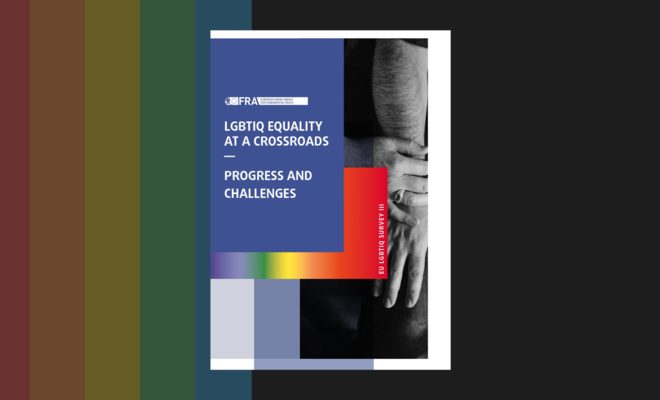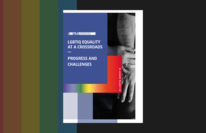
Lack of resources undermine EU data protection enforcement
The new report from the EU Agency for Fundamental Rights (FRA) finds that most data protection authorities face challenges when implementing the General Data Protection Regulation (GDPR), including a large number of complaints, a lack of human and financial resources, and a growing workload. FRA calls on EU countries to ensure that data protection authorities have the resources they need to protect people’s personal data.











